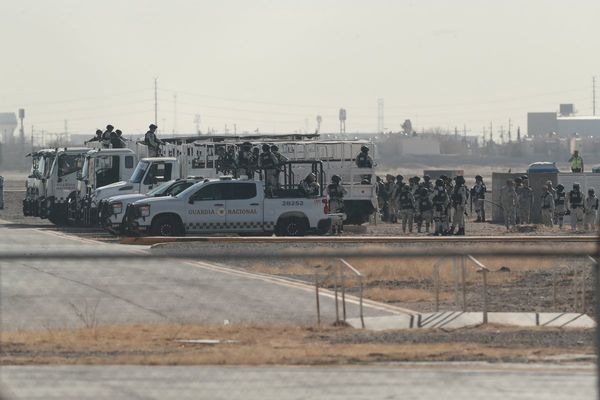
As online sales have soared in recent years, retailers have found it increasingly difficult to meet demand for this simple reason: where to put all of this stuff.
Normally, the answer would be warehouses and distribution centers. But such industrial space, especially ones located near major metropolitan markets have become harder to find and more expensive to buy or lease.
The first big solution was to use existing stores as online distribution centers. Retailers could use their closer proximity to consumers to offer same day or next day delivery service. But that would add more pressure on store employees, whose primary responsibility is to serve customers who visit the physical store.
Last Mile Extensions
Target Corporation (TGT) is developing a model that will allow the retailer to not only reduce the burden of next day delivery on stores but also extend the company’s reach deeper into faster growing suburban areas.
The solution is remarkably simple and, most importantly, and relatively cheap. In the Atlanta market, the retailer built what it calls a Target Last Mile Delivery (TLMD) extension, a bare bones sortation center in which workers hand off online orders that originated from stores to Shipt drivers.
In 2017, the retailer paid $550 million to acquire Shipt, a company which also deploys contractors to personally shop and deliver food from Target stores on the same day. Shipt also delivers from CVS, OfficeMax, and Sephora.
Target said the TLMD extension pilot, located in Smyrna, Georgia, boosted its next delivery service reach by 30%, or 500,000 additional customers, to a potential market of 3 million in the Atlanta metropolitan region. Best yet, the TLMD extension cost a “fraction” of what it would take to build a full sized sortation center, the company said.
"TLMD extensions represent the latest milestone in our journey to deliver a best-in-class experience for our guests — however they choose to shop with us," chief operating officer John Mulligan said in a statement. "These facilities are a continuation of our innovative efforts to serve millions of guests and reach millions more, while maximizing speed, efficiency and care across our real estate portfolio."
Target said drivers are already delivering an additional 1,500 packages a day. A company spokesperson said Target will explore whether to add TLMD extensions to other markets across the country.
Meeting consumer expectations
However, it seems like a given Target will do so. Adding such extensions solves two big problems in a supply chain system: availability of land and controlling costs. Going deeper into markets offers more real estate for Target to consider and for the fraction of a cost of what it would take to build large facilities in congested urban regions.
Last mile deliveries are expensive and eat into profit margins. Consulting giant Capgemini estimates that last mile services account for 41% of total supply chain costs, more than double than any other type of costs, including warehousing and parceling.
The group studied a last mile delivery firm, which it did not name, and determined that the service cost the company an average of $10.10 per order while the customer only pays an average of $8.08.
And yet consumers increasingly think same day and next day services are not really perks but rather standard things they have come to expect from retailers. Meeting those expectations is key to attracting new customers and getting them to shop more.
A report by UPS found that 63% of consumers are more likely to shop with a business that offers same-day or next-day delivery options, with one third (33%) reporting they are “significantly” more likely to do so.







